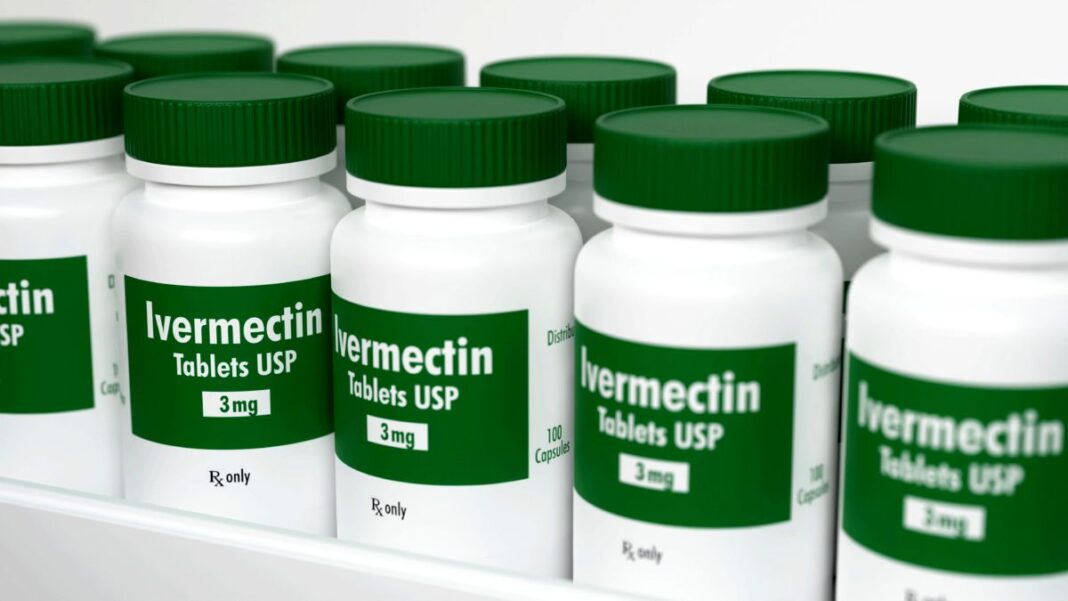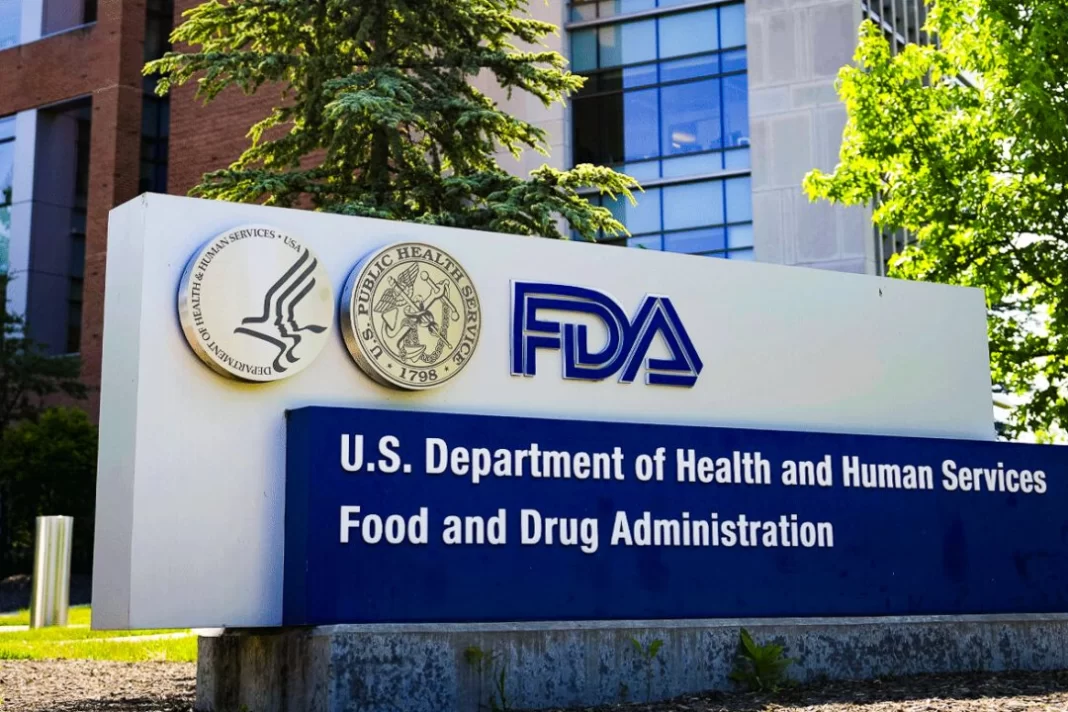Nearly 3 million prescriptions for the two drugs were written even though the FDA had said that neither drug is approved to treat COVID-19.
Ivermectin and hydroxychloroquine prescriptions “soared far above” levels before the COVID-19 pandemic, according to a new study.
Researchers from the University of California – Los Angeles (UCLA) and other institutions said that nearly 3 million ivermectin and hydroxychloroquine prescriptions were issued during the pandemic, totaling some $272 million, according to a news release issued on Feb. 20.
The dispensing of ivermectin “from US pharmacies was nearly 1,000 percent higher than prepandemic rates,” the study said.
Usage of the two drugs was three times higher in people aged 65 and older, compared with people aged 18 to 64, according to the study published in the Health Affairs journal. Patients aged 65 and older represented 25 percent of adults in the study but constituted more than 59 percent of COVID-19-linked ivermectin usage and 68 percent of COVID-19-related hydroxychloroquine use, it found.
Hydroxychloroquine prescriptions and usage peaked in March 2020, when the pandemic started in the United States, to 133 percent of pre-pandemic rates, the UCLA news release said.
Meanwhile, ivermectin use increased dramatically throughout 2020 and 2021, the researchers noted. By August 2021, prescriptions for the drug had shot to more than 10 times higher than before the pandemic.
But after the COVID-19-specific medications, such as Pfizer’s Paxlovid, became more widely available, prescriptions for both hydroxychloroquine and ivermectin dropped some 93 percent. That drop took place between March 1, 2022, and June 30, 2023, they noted.
“Ivermectin use in particular was higher among people living in the most socially vulnerable neighborhoods and markedly higher in the southern United States,” they stated.
However, the “limited availability of COVID-19 medications does not appear to explain” what they described as a “wide geographic variation in ivermectin prescribing” such as in the South.
John Mafi, a senior study author with UCLA, said their findings “underscore the urgent need for policy reforms to combat misinformation and mistrust in scientific institutions,” asserting that “eliminating undue industry influence in government, enhancing transparency around scientific uncertainty, and earmarking public funding for clinical trials of new drugs are good places to start.”








